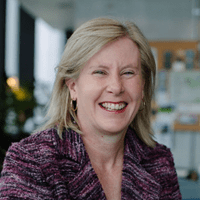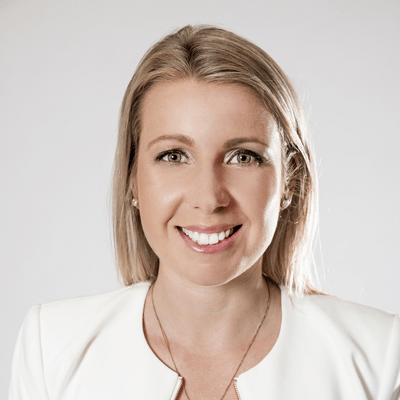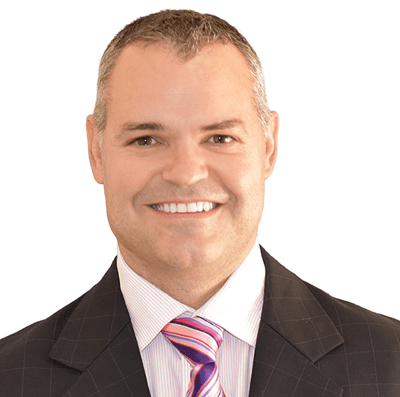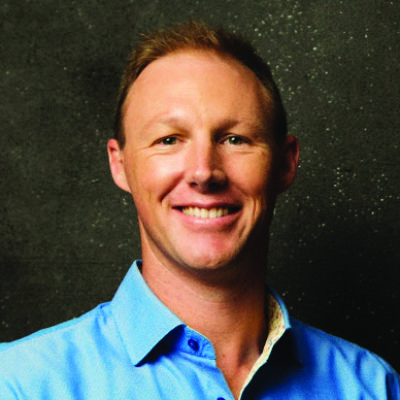
How to set retirement goals: the three things you need to know
John Perri likes to apply a “sleep test” to a person’s appetite for financial risk. “I look at it from the perspective of whether you can invest and sleep at night,” says Perri, Technical Services Manager at AMP.
“If you are investing and not sleeping at night, then the level of risk you have is not for you.”
Understanding your risk appetite, says Perri, is the first key principle in setting goals for your retirement and superannuation savings.
As a general rule, the higher the expected return the greater the risk, while lower risk generally means lower expected returns.
Higher returns are always better, of course, but should they come at the expense of sleep and, ultimately, your health?
Perri says risk appetite is often a function of age, and how far a person is away from retirement. This influences their ability to recover from financial loss.
A person close to retirement, for example, is more likely to be risk averse than a younger person, who can perhaps purse a more aggressive strategy and go after returns in the knowledge that the market is likely to deliver in the long term. For younger investors, any short-term blips can be evened out and recovered over time.
Superannuation funds are highly aware of the risk dilemma and aim to create investment options accordingly.
Most people would find their super is in a balanced option, which is of moderate risk and generally around 70% in shares or property. But there are high growth funds which have a greater proportion of the portfolio in equities and real estate, typically about 85%, and are therefore inherently more risky.
Conservative options will have a greater percentage of fixed income assets and cash.
The second principle in setting goals for retirement is that Australia’s superannuation system has been designed to create incentives, and that means there are tax advantages in saving through super rather than investing outside of it.
“Super is a structure that is purpose built to acquire investments for retirement, and it’s not necessarily an investment in itself,” says John Perri.
He points out that earnings inside super are taxed at 15 percent on income and 10 percent on capital gains, and this is lower than the marginal rate of tax paid by many Australians, which can go as high as 45 percent.
“Once in retirement you can take it as an income stream in the form of regular pension payments, and the tax rate on investment earnings inside the income stream is nil,” says Perri.
“And there is no tax on the income stream payments if you are over 60 years of age.”
The third principle in retirement goal setting is to understand what the famous physicist Albert Einstein once described as the “eighth wonder of the world,” and that is compound interest.
Accumulating a healthy super balance is driven by the principle of compound interest, which delivers its best rewards to people who invest early, and stay in the market.
“The rate of return on a super balance is calculated on a potentially higher balance over time because your employer makes contributions, or you are making contributions yourself,” says Perri.
“But your balance may also rise due to investment returns, so the following month you will receive returns on those returns.”
It’s a virtuous cycle which delivers results. If you were to invest $100 today at an annual rate of 8 percent – which is what most super funds will typically deliver – that balance will have grown to $215.80 over ten years even if you make no more contributions. If you do make contributions, then the benefits are exponential.
“Given the long-term view with super, and starting early, the longer you have your super invested the longer it has to grow and compound over time,” he says.
ENDS
This advice is of a general nature only and does not take into account your personal situation and all of your objectives, your financial situation or needs. Before making any decisions you should refer to the relevant product disclosure document and seek advice from a professional, qualified financial adviser.




























